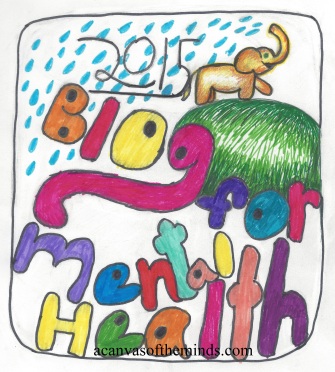
We’ve all heard about the narcissistic epidemic. Students feel entitled to A’s, and if they don’t get them, the teacher may hear from their parents about it. At sporting events, we wear giant foam fingers claiming We’re # 1. Because who wants to be #2? Our selfies must be cropped and filtered to show us in our best light. Our houses must be bigger and better than our neighbors. Our salaries must be higher.
And these are just examples of culturally acceptable narcissism. The next level is the narcissistic personality. You know, that person who brags about their kids, their accomplishments, their possessions to no end. They may even point out how much better they are than you–if not to your face, then at least behind your back. And if you have something that they don’t, they’ll be sure to criticize it and devalue it to make themselves feel better about not having it.
Do these people have abnormally high self-esteem? Not in my experience. People who feel good about themselves don’t feel the need to prove how great they are. And they prefer to make other people feel good about themselves rather than tear someone else down. People who feel worthwhile are content to be average–no better, no worse than anyone else.
On the flip side of believing that one is exceptionally good is the belief that they are exceptionally bad. Undeserving of the things that other people are entitled to. They have to get an A, or be #1, because anything less than perfect is failing. They can’t have problems, or go to therapy. They can’t look bad, grow old, or be wrong. They cannot be human. If you point out their humanity, they may become rageful and attack. Or feel unbearable shame. Sometimes you can feel how fragile they are underneath, so you don’t poke holes in their argument because you can sense that they might fall apart.
While it may seem that narcissists suffer from excessive self-love, the reality is that they don’t believe they are lovable. Hence, the need to be perfect. The best. Enviable. Only then can they believe that other people might want to be around them. But because no one is be perfect, the need to accomplish and impress is endless. There is never enough proof that they are worthy of love.
And even when they come close to their goal of seeming perfect, this does not make other people love them. Or sometimes even like them. They are hard to listen to in casual conversation. Hard to be friends with because they have to compete with you. Hard to be in a relationship with because you can never convince them that you love them. Sure, they may draw you in initially with their charisma, but once you get to know them, you can feel how endless their need for admiration and affirmation is. A bottomless pit that you can never fill, no matter how much you try to convince them that they are enough.
I’ve been in so many relationships with narcissistic people that I’ve become an expert on this subject. I have been made to feel not good enough. I’ve been made to earn people’s love. And I am not without my own narcissistic traits. I know I have made other people feel the same way. But I’m trying to change that. I consider myself a narcissist in recovery, because like people in 12 step programs, I believe it’s something that I can never be cured of completely.
Perhaps you recognize yourself in this post and also aspire to be OK with being you. How does one go about doing that, you might ask. Well, it’s not easy, but it begins with self-love. Self-compassion. You remind yourself repeatedly that you are OK exactly as you are–despite every flaw, every mistake, every failure. You don’t have anything to prove. You don’t have to deserve to be loved. You can accept yourself exactly as you are.
Sometimes when I tell clients this in session, they cry. I am guessing that’s because they’ve never heard anyone tell them that they are OK, just as they are. You can’t make other people tell you this, but you can say it to yourself. If I can learn to accept myself, so can you, because we are ultimately all the same. All trying to figure out how to do this being human thing. So I see who you really are, underneath all that narcissism, and I know that you are enough, just as you are.





